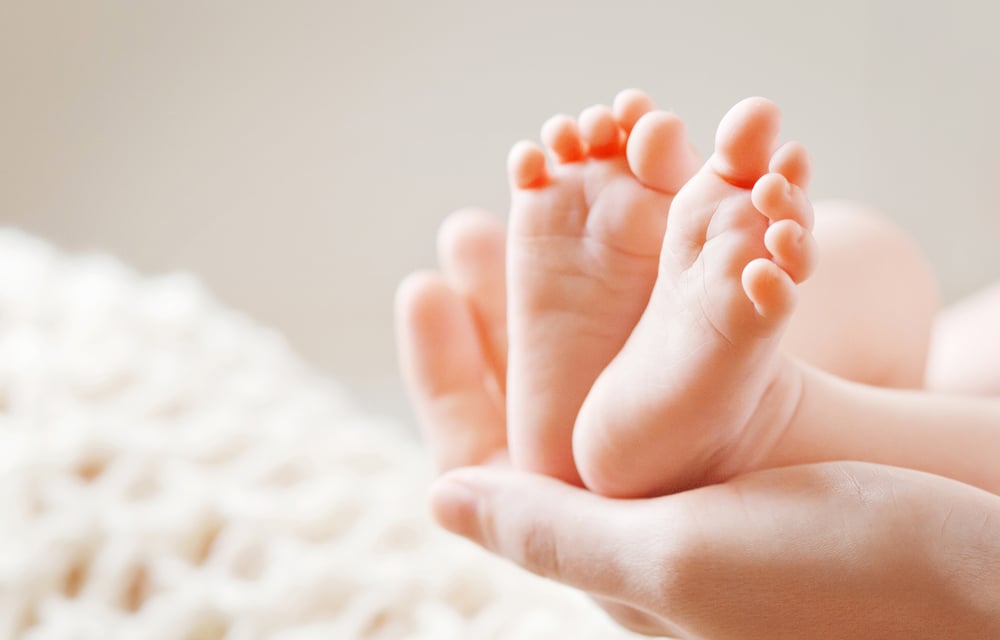Is It Permissible to Donate Breastmilk to a Hospital?
Shafi'i Fiqh
Answered by Shaykh Irshaad Sedick
Question
Is it permissible to donate breastmilk to a hospital? Many babies may drink it, and I will be unaware who receives it, so I want to know if it’s permissible.
If I have a son, is it permissible to donate breastmilk locally to someone in need who also has a son?
Answer
In the Name of Allah, the Most Merciful and Compassionate.
May Allah alleviate our difficulties and guide us to what pleases Him. Amin.
Donating breastmilk to a hospital or milk bank where the identification of donors and recipients is ambiguous or anonymous is generally problematic. Since breastfeeding, in terms of Sacred Law, creates a relationship analogous to kinship by blood, milk banking creates social complications. The resultant familial bond means the child-recipient would be mahram (unmarriageable kin) to the donor and her family.
It is permissible to directly donate or nurse a child other than your own because you can keep track of the familial bond created through milk nursing, and Allah knows best. Please visit our detailed answer in this regard.
Milk Banks and Social Consequences
My late teacher, Mufti Taha Karaan (Allah have mercy on him), noted the following:
Interest in the Shari’a status of milk banks and their social consequences was first raised in the 80s. Scholarly opinion at the time was divided. One group of scholars held that milk banks do not present an unlawful phenomenon and that the negative consequences that may be perceived to flow from them could be satisfactorily mitigated. Included in this group were ʿulama, such as Shaykh Aḥmad Huraydi (the Mufti of Egypt for the period 1960 to 1970) and Dr Yusuf al-Qaradawi.
Another group held the view that milk banks should not be allowed. In December 1985, the Fiqh Academy of the Organization of Islamic Conference (OIC, an umbrella body representing over 50 Muslim countries) passed a resolution that declared milk banks unlawful and prohibited their establishment.
The OIC Resolution
The OIC resolution rests upon three considerations:
- Milk banks represent a foreign encroachment upon Islamic culture.
- Since breastfeeding, in terms of Sacred Law, creates a relationship analogous to kinship by blood, milk banking creates social complications.
- The availability of natural breastfeeding by persons other than the mother makes milk banking unnecessary. [Karaan, Fatwa.mjc.org.za]
Permissible Milk Bank Criteria
It is worth noting that Mufti Taha (Allah have mercy on him) considered a specific milk bank (Milk Matters) to be free of the aforementioned issues. He stated, “As such, we have no hesitation in stating that there are no impediments for Muslims to donate or receive milk from a milk bank such as the one run by Milk Matters.” [ibid.]
This declaration was based on the following:
- Considering that the beneficiaries of this kind of institution tend to be premature and low-weight babies from primarily underprivileged families, the milk banking to which your query pertains represents not a cultural encroachment but a social imperative;
- The potential of social complications through milk kinship is mitigated by the combined elements of separate storage, unambiguous identification of donors, and access to records;
- If generalized, the assumption that alternative natural breastfeeding is always available would be entirely displaced;
Mufti Taha Karaan (Allah have mercy on him) added, “We would urge, however, that where Muslim children are beneficiaries, a register be kept that identifies the donors from whose milk each child was fed.” [Ibid.]
Where milk banks follow specifications similar to Milk Matters, it may also be permissible and within the above fatwa of the late mufti, and Allah knows best.
I pray this is of benefit and that Allah guides us all.
[Shaykh] Irshaad Sedick
Checked and Approved by Shaykh Faraz Rabbani
Shaykh Irshaad Sedick was raised in South Africa in a traditional Muslim family. He graduated from Dar al-Ulum al-Arabiyyah al-Islamiyyah in Strand, Western Cape, under the guidance of the late world-renowned scholar Shaykh Taha Karaan.
Shaykh Irshaad received Ijaza from many luminaries of the Islamic world, including Shaykh Taha Karaan, Mawlana Yusuf Karaan, and Mawlana Abdul Hafeez Makki, among others.
He is the author of the text “The Musnad of Ahmad ibn Hanbal: A Hujjah or not?” He has served as the Director of the Discover Islam Centre and Al Jeem Foundation. For the last five years till present, he has served as the Khatib of Masjid Ar-Rashideen, Mowbray, Cape Town.
Shaykh Irshaad has thirteen years of teaching experience at some of the leading Islamic institutes in Cape Town). He is currently building an Islamic online learning and media platform called ‘Isnad Academy’ and has completed his Master’s degree in the study of Islam at the University of Johannesburg. He has a keen interest in healthy living and fitness.
